Unlock Global Perspectives: 6 Books to Inspire and Empower Students
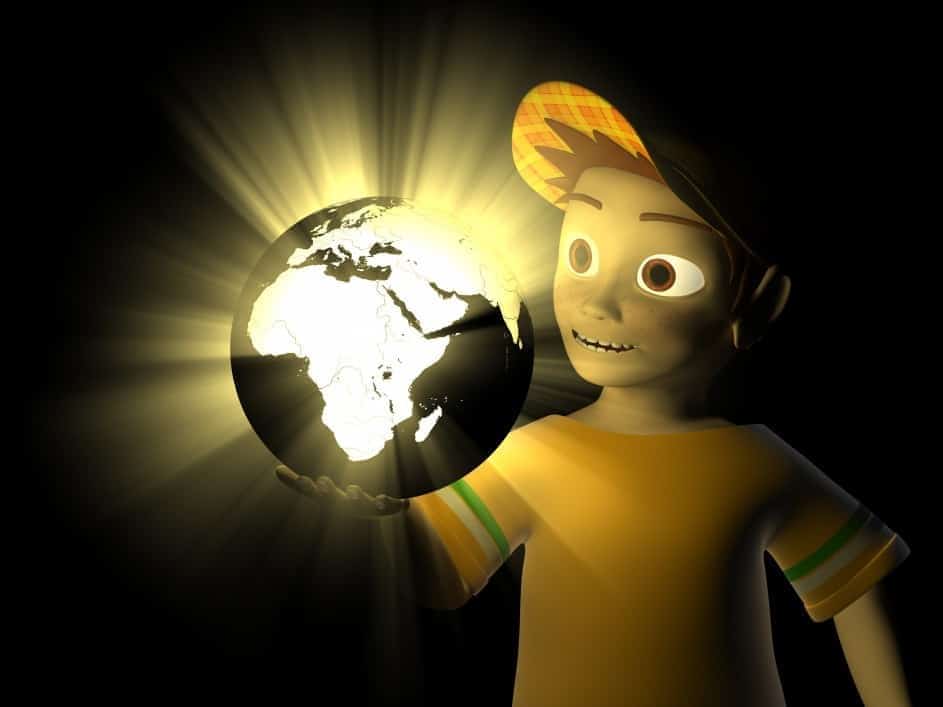
In today’s interconnected world, global perspectives are more essential than ever. Students need to develop empathy, cultural awareness, and critical thinking to thrive in a global society. What better way to foster these skills than through the power of literature? Books open doors to diverse experiences, cultures, and histories, making them a valuable tool for developing global perspectives in the classroom.
Below is a curated list of six impactful books that can transport students beyond the walls of their classroom, sparking discussions, enhancing empathy, and broadening their worldview. Each book includes suggested classroom activities to encourage critical thinking, SEL integration, and creativity.
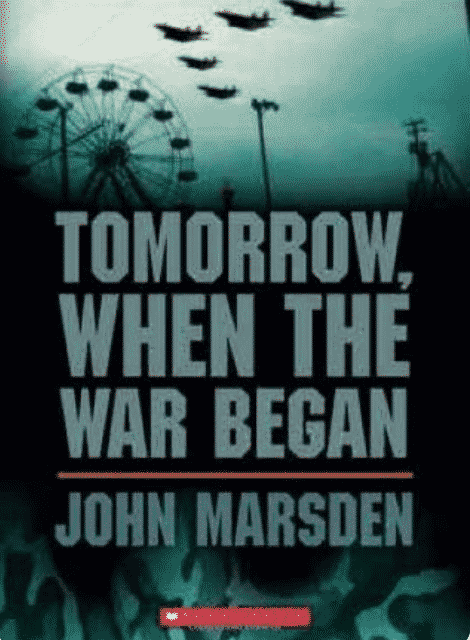
Tomorrow, When the War Began by John Marsden
Taught in Australia, Marsden’s novel demonstrates the power of a fighting spirit while acknowledging the fear of danger that resides deep in all of us. Tomorrow when the world began, is the first in a series about a small group of teenagers who learn to fight back against an enemy force. They choose to fight back instead of living with their families in captivity. They fight a force that has taken over their town and the whole of Australia.
The series has sold millions of copies and a movie has been made of it too. It’s a story of resilience, bravery, and the complexities of war, making it a perfect starting point for discussing global conflicts and personal responsibility.
Classroom Activity:
- Critical Thinking: Discuss the ethical dilemmas the characters face. Ask students, “What would you do in their situation?”
- SEL Integration: Reflect on the emotional impact of war on individuals and communities. Use journaling to explore students’ thoughts on courage and fear.
- Art Integration: Create a storyboard for one chapter, focusing on how the visuals convey the tension and emotional stakes.
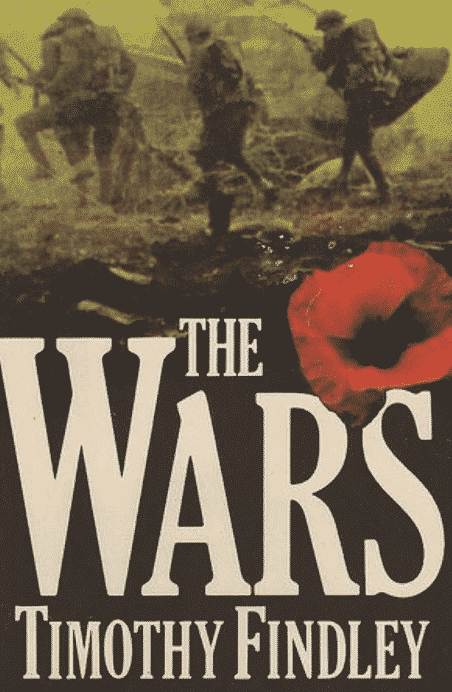
The Wars by Timothy Findley
A Canadian classic, The Wars written by Findley honestly depicts the brutality of war while teaching how to “come to terms” with the world in a unique way.
A sensitive nineteen-year-old Canadian officer finds himself in the nightmare world of trench warfare. It pictures the chlorine gas and rotting corpses, and the terrors of the first world war.
This book explores the human cost of war and the resilience of the human spirit.
Classroom Activity:
- Critical Thinking: Compare the protagonist’s experiences to those of modern soldiers. How has warfare changed, and what has remained the same?
- SEL Integration: Discuss the psychological toll of war. Use group discussions to explore themes of grief, guilt, and redemption.

Sub Terra by Baldomero Lillo
A collection of short stories from Chile. Lillo brings an understanding of how different today’s world is from even just a century ago by revealing the “dangerous existence” of coal miners working in southern Chile.
The book is made up of 13 short stories describing the coal mines of Lota in Southern Chile, in the late 19th century. The people were exploited and reduced to simple beasts working in miserable conditions from dawn to dusk.
Lillo’s vivid storytelling offers a glimpse into a world of exploitation and resilience.
Classroom Activity:
- Critical Thinking: Analyse how working conditions have evolved globally. Ask students to research and compare labour rights in different countries.
- Art Integration: Create an illustrated timeline of labour movements inspired by the stories.
- Global Connection: Explore modern parallels by researching current industries with unsafe working conditions.
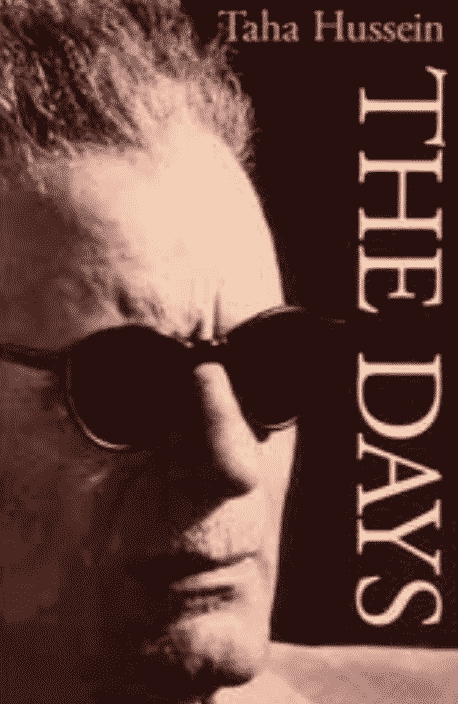
The Days by Taha Hussein
An autobiography by one of Egypt’s most influential writers, Taha Hussein. The Days is taught in the classroom because of its ability to communicate the importance of knowledge while simultaneously demonstrating the dangers of ignorance.
The book starts with the sounds and smells of rural Egypt through the eyes of a child. It tells of Hussein’s childhood and schooling in a small Egyptian village. The book helps children gain global perspectives.
The Days provide a vivid portrayal of rural Egyptian life and the transformative power of education.
Classroom Activity:
- Critical Thinking: Discuss the role of education in breaking the cycle of poverty. How does Hussein’s journey inspire change?
- SEL Integration: Reflect on the barriers to education faced by children globally. Use empathy exercises to imagine life in rural communities.
- Art Integration: Create visual representations of key scenes to understand the cultural context better
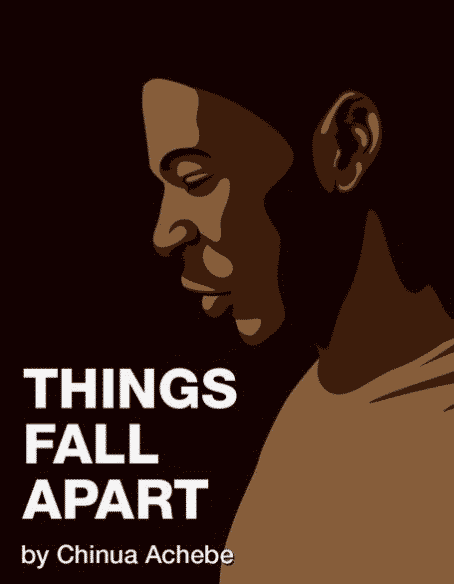
Things Fall Apart by Chinua Achebe
This is a novel taught regularly in Ghana and Nigeria. Things Fall Apart is a complex look at African traditionalism, offering a critical view of the “drawbacks of African and tribal masculinity.” It is a simple story of a young African man dominated by fear and anger, Things Fall Apart is a popular novel. In the States, more than two million copies have been sold, since 1959 when it was first published.
Things Fall Apart is widely taught for its deep exploration of identity, tradition, and change.
Classroom Activity:
- Critical Thinking: Debate the impact of colonialism on indigenous cultures. How do we balance tradition and progress?
- SEL Integration: Explore themes of identity and belonging. Ask students to reflect on how cultural changes affect personal identity.
- Global Connection: Compare the experiences of the protagonist to other colonised regions.
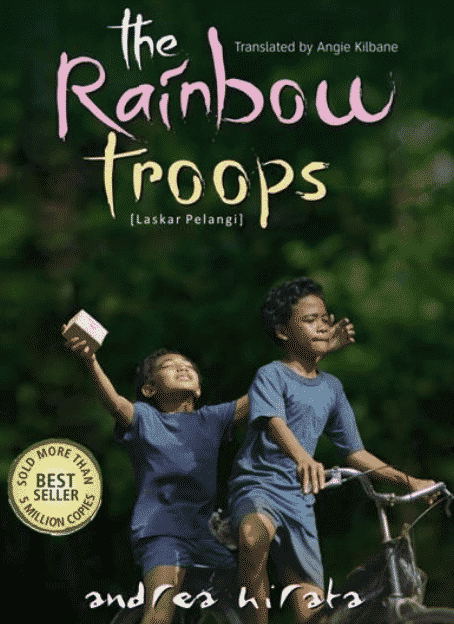
Rainbow Troops by Andrea Hirata
A true story from Indonesia, Rainbow Troops (or Laskar Pelangi, as it’s known in its native language) follows the events of ten Indonesian students and their teachers who learn the importance of concepts like sacrifice, dedication, optimism, and friendship.
This Indonesian bestseller is written in the tradition of Slumdog Millionaire.
Ikal is an Elementary School student, on the Indonesian island of Belitong. Graduating from sixth grade is a major achievement. His school is constantly under threat of closure.
Ikal and his friends form a group called the Rainbow Troops – who are threatened by corrupt government officials and greedy corporations.
The book also has two hero teachers, and a barefoot student who’s a maths genius competing against wealthy academic students.
Rainbow Troops is a heartwarming tale of dedication, friendship, and perseverance.
Classroom Activity:
- Critical Thinking: Discuss the value of education in transforming lives. How do the characters’ struggles compare to the challenges faced by students in your community?
- SEL Integration: Highlight the importance of optimism and teamwork. Encourage students to share their own stories of overcoming challenges.
- Art Integration: Create a group mural celebrating the themes of friendship and resilience.

The power of global perspectives through literature
Bringing global perspectives into your classroom through literature fosters critical thinking, empathy, and creativity. These six books open the door to meaningful discussions about culture, identity, and the universal human experience.
Encourage your students to step into these stories and reflect on how they connect to their own lives and the world around them. Whether through debates, creative projects, or reflective exercises, the lessons drawn from these books will resonate far beyond the classroom walls.


Global perspective is off-course very important in the current era, irrespective of the level of your education. This is even more important for school level children as they start learning; they need to broaden their vision.
Yes, we live in a globalised world. If we want our students to be successful, they need to understand how we are all interconnected via social media, the web, online trading, and travel. Plus it’s a great way to understand cultures.